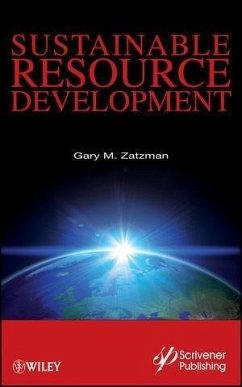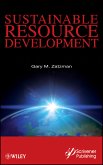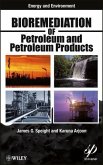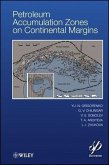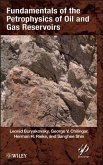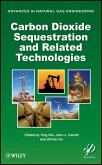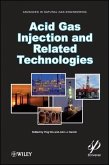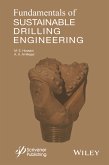Taking a fresh new look at the energy industry and how the Earth's resources are being developed, the aim of this book is to aid engineers and scientists in attaining sustainability in this field, both from an economic and environmental perspective.
The author herein presents engineering research and practice that is focused on achieving energy sustainability from a global perspective, as is also outlined in other Scrivener books, such as The Greening of Petroleum Operations and the author's own recently published book, Sustainable Energy Pricing, the companion volume to this book. The author applies the principles of economic sustainability developed there to re-examine actual engineering practices in fossil fuel and alternative energy (such as wind and tidal power) exploration and development.
One of the book's unique features is its analysis of what is deficient in the thinking and analytical frameworks that inform engineering work done in the field. The book addresses the complex issues surrounding our quest for sustainability and the key causes of the challenges that face the energy industry and its resource development. From this standpoint, the book challenges the reasoning and conclusions drawn from the often-quoted theory of "peak oil".
The author herein presents engineering research and practice that is focused on achieving energy sustainability from a global perspective, as is also outlined in other Scrivener books, such as The Greening of Petroleum Operations and the author's own recently published book, Sustainable Energy Pricing, the companion volume to this book. The author applies the principles of economic sustainability developed there to re-examine actual engineering practices in fossil fuel and alternative energy (such as wind and tidal power) exploration and development.
One of the book's unique features is its analysis of what is deficient in the thinking and analytical frameworks that inform engineering work done in the field. The book addresses the complex issues surrounding our quest for sustainability and the key causes of the challenges that face the energy industry and its resource development. From this standpoint, the book challenges the reasoning and conclusions drawn from the often-quoted theory of "peak oil".
Dieser Download kann aus rechtlichen Gründen nur mit Rechnungsadresse in D ausgeliefert werden.

